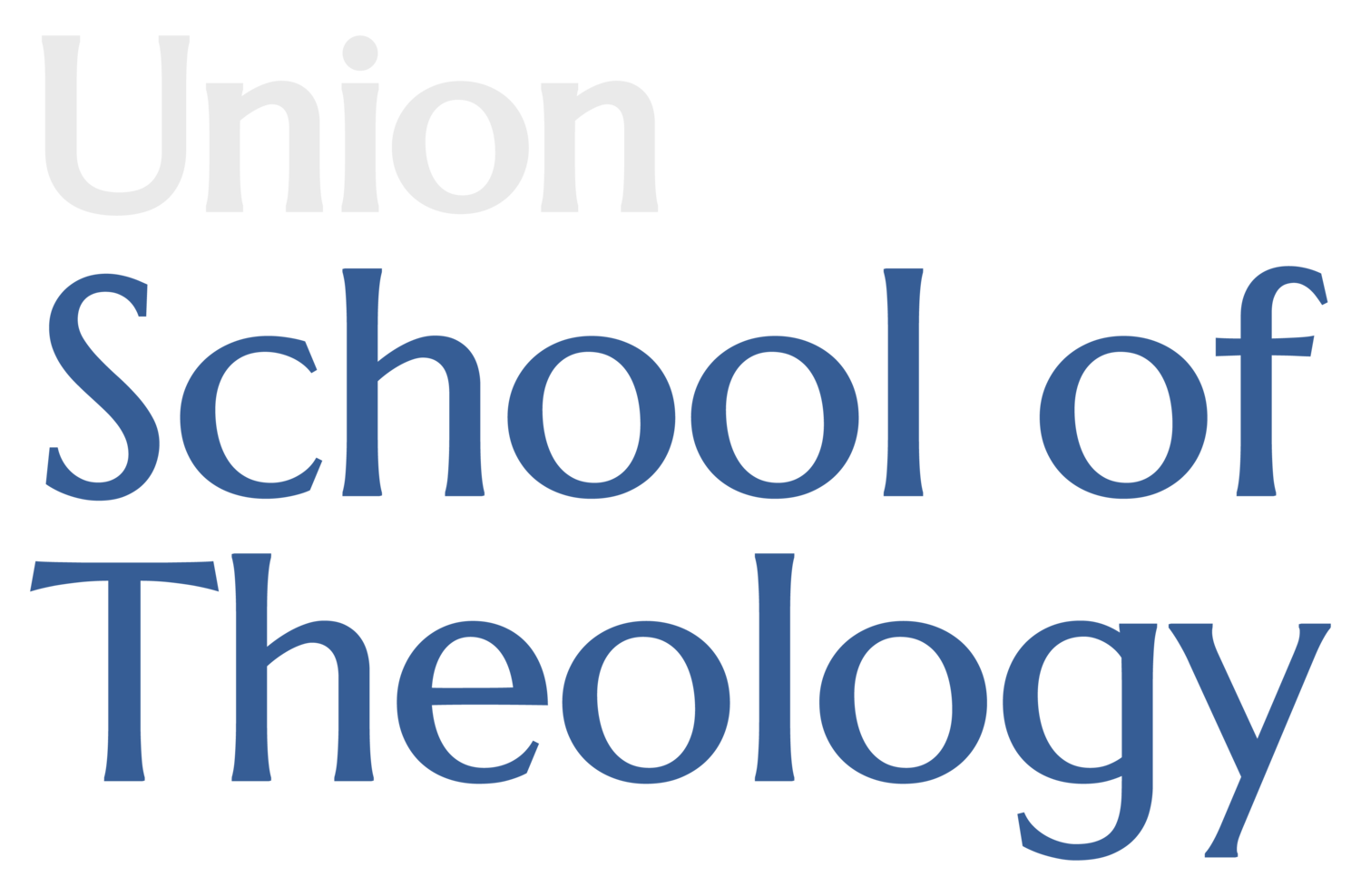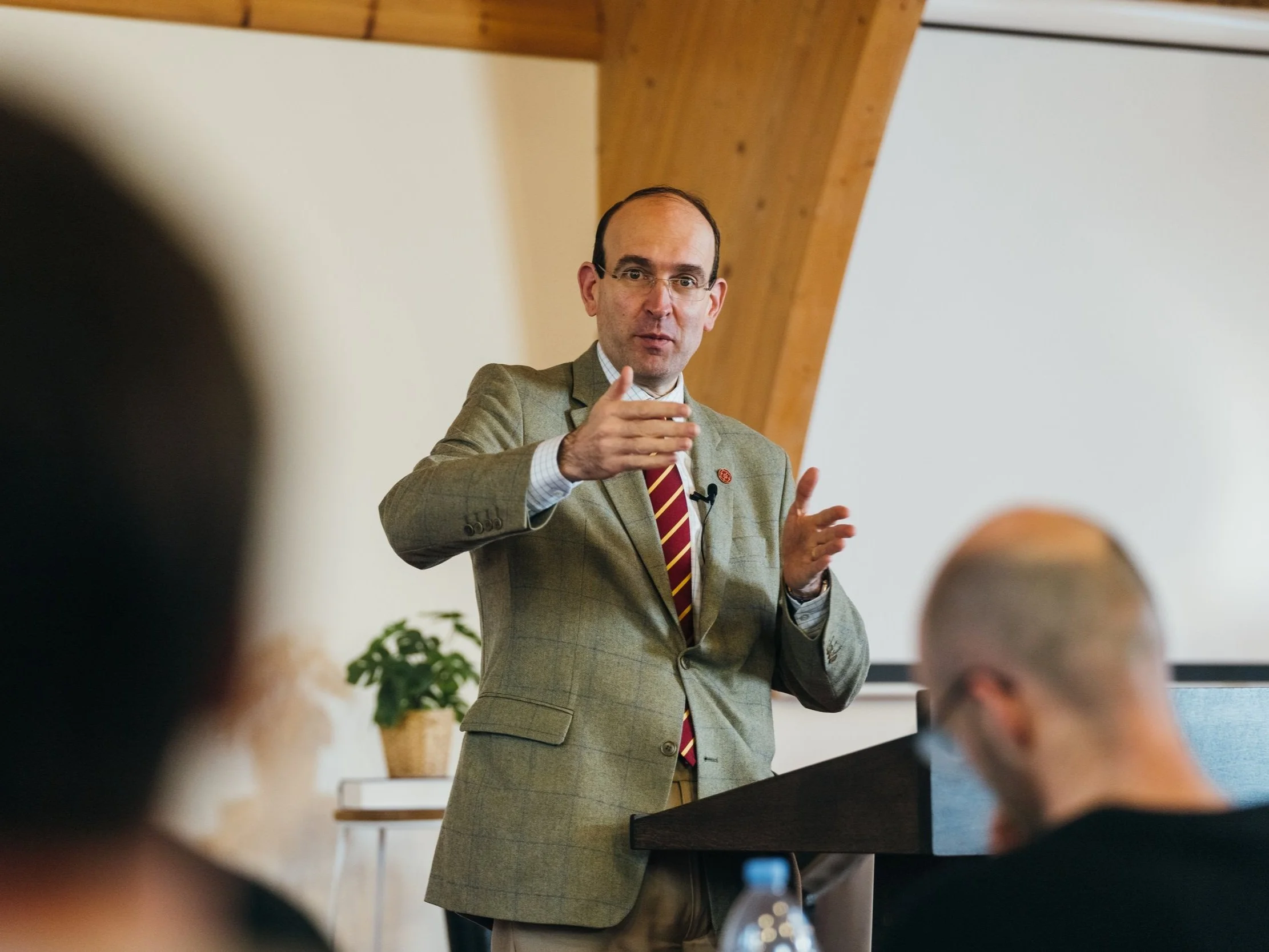
MTh
Masters in Scripture & Theology
Study theology alongside your ministry
Take courses in Biblical and theological studies, and ministry practice
Study in person at our Ministry Centre or in a Learning Community, either locally or online
For those who already have a degree in Theology, or a degree in another subject and significant ministry experience
Complete in one year full-time, or 2-4 years part-time
This award is validated by the Open University
What will I learn?
Students study at least one course from each of the three areas in the chart below, including Scripture & Hermeneutics (compulsory).
With approval and guidance from a supervising faculty member, students also complete a research dissertation where they can explore a chosen subject in more depth.
Part 1: Taught Courses (20 Credits Each)
Biblical Studies
Union with Christ: A Biblical Theology Approach**
OT Studies: Psalms
OT Studies: Ezekiel
Hebrew Reading: Narrative and Poetry*
Advanced Hebrew Reading*
Greek Reading*
Advanced Greek Reading*
Theological Studies
Scripture and Hermeneutics (Compulsory)**
Theology of the Early Church Fathers**
Soteriology of the Reformation**
History and Theology of Evangelicalism
Ministry Practice
Preaching and Preachers**
Spiritual Formation of the Leader**
Christian Theology of Religions and Global Mission
Biblical Counselling and Care in the Local Church
Part 2: Dissertation (60 Credits - Compulsory)
* These courses are available in-person and via Zoom in real time. Please note, Biblical Languages courses require attendance over three weeks, in September, January and March.
** These are the six standard Learning Community courses. Individual students are permitted to substitute one of these (per year of study) with a campus-based course, by prior arrangement with their mentor and UST.
Meet the lecturers
Michael Reeves, President and Professor of Theology, introduces our Preaching and Preachers module.
How does it work?
The MTh is delivered through local and online Learning Communities, meaning that you can study wherever you are.
Meet in-person or online for intensive teaching
Meet in-person at our Ministry Centre, in a Learning Community, or online for intensive delivery. Click below for details about each delivery method:
MTh at our Ministry Centre (in person)
MTh in Learning Communities (in person or online)
Study six 20-credit modules and complete a research-based dissertation
In Part One you will study six taught courses and a compulsory, non-assessed self-study Research Methods module. In Part Two, you will complete a 15,000-word dissertation on a research topic of your choice.
We advise budgeting up to 200 hours of study time per module, including pre-reading, lectures and assignments.
Complete your studies around your ministry & life commitments
Study block-taught classes over a maximum of 2 weeks, and complete the assessment for each course around your day-to-day commitments. Each in-person and online Learning Community is directed by a Lead Mentor, an experienced church leader who will help you apply your learning in your church context.
Who is it for?
The MTh is for pastors, elders, church planters, women’s workers, ministry leaders, and others who want to deepen their biblical and theological knowledge while strengthening their pastoral, preaching and leadership skills.
MTh individual courses are also available for anyone to audit – see our Shorter Courses page for further details.
Regulations for Open University Awards at Union School of Theology
Student's Guide to Studying on a Programme Validated by the Open University
Ready to apply?
Application deadlines vary for the MTh delivered at our Ministry Centre and through Learning Communities.
Check the relevant pages before you apply.
Further information
UST reserves the right to make alterations to the contents or methods of delivery of programmes or assessment but only if such action is absolutely necessary for one or more of the following reasons: compliance with the validating university or regulatory bodies; in response to external examiner or stakeholder feedback; as part of periodic or annual review measures; in response to technological developments. When this occurs, UST will inform students as soon as feasible, and request feedback from and engage in dialogue with students to ensure that the changes are not disruptive to the student experience.
A student may not always be able to study a particular course when student demand is limited, and will be asked to take an alternative.
-
Find out more about Union School of Theology’s Policies and Procedures. Read more >
-
Find out about our fees and explore funding options. Find out more >
-
We’re here to support you throughout your time with us and beyond, whether that’s in your studies or your personal life. Read more >




